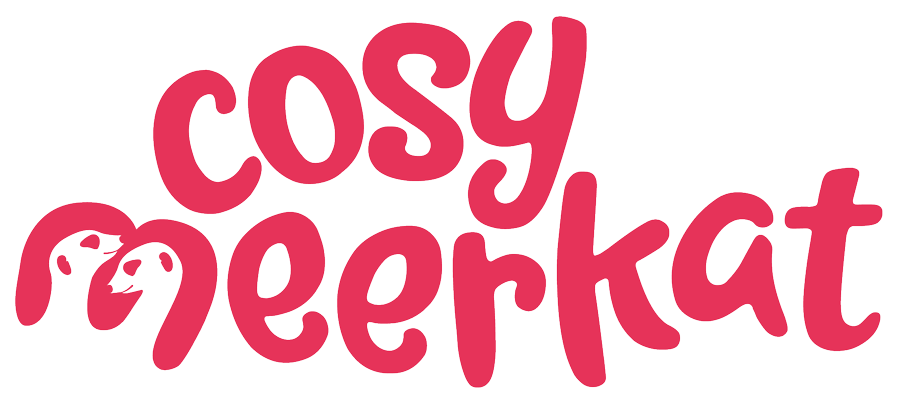Problems retaining staff? An employee recognition scheme could be the answer.
Anyone who works in HR knows that recruiting and retaining the best staff can be a challenge. In some areas of the economy – the hospitality or care sector in particular – it’s possibly the worst it’s ever been. But whatever your area of work, whether you’re a large, medium or small enterprise, recruitment and retention is still likely to be one of your biggest workforce concerns. Perhaps you’ve already got some ideas of what might help and, if you’re reading this, it might well be that you’re thinking you could do with some internal comms help to make sure it’s well communicated. But what if you’re not yet sure what your solution might be? Well, we might just happen to have some helpful suggestions!
Over the years we’ve been lucky enough to work with a lot of different businesses and what’s struck us, time and time again, is what a difference a good employee recognition scheme can make to staff happiness and motivation. If you look at the 2018 survey from the Society for Human Resource Management you’ll see we’re not alone in that view either: 70% of the HR professionals they questioned said having a reward and recognition scheme improved staff retention.
So, if that’s your goal (and we all know happy staff are less likely to leave) then it makes sense to look at an employee recognition scheme. But how do you go about deciding what is right for your company?
Make your scheme values-based. Employee recognition schemes based on bonuses or length of service may still be the most common example out there, but it’s the ones tied to their company’s values which really seem to engage and motivate today’s employees. Again, you don’t have to take our word for it – that same SHRM survey found that HR managers who ran a values-based recognition scheme were far more likely to say it was good or excellent (72%) compared to those who didn’t have one based on values (38%). Why? Well, here’s a quote from the philosopher Friedrich Nietzsche to give you one possible answer: 'he who has a why to live for can bear almost any how'. Helping your employees understand why what they are doing is important gives them a purpose. And we all want that in life, don’t we?
If you don’t have a meaningful set of company values already, get some: this in itself is not a small job, but it’s important to get right if you really want to improve your company culture and, by extension, staff retention. You will need to spend time thinking about what attitudes, talents and behaviours drive your organisation. Once you’ve got that nailed, you’ll know what success looks like and you’ll have benchmarks to help you monitor and measure that success too. If you’re new to the potential benefits of a values-based employee recognition scheme it may feel like you’re going to end up rewarding people for simply doing their job but, remember, we all have a need for recognition – it’s hardwired into us from birth – and positive feedback can make a huge difference to employee motivation.
Find examples: we all engage more with real-life, human stories. By finding and communicating examples of work well done you’re letting staff know what’s important in your business and motivating them to behave in the same way. You’re reminding them of their purpose. Going back to Nietzsche, you’re giving them a why.
Figure out how you’re going to communicate those examples: this ‘how’ is big and important. You can go short-term and immediate – recognising a job well done in a staff meeting, for example. In fact, you should be doing that anyway. But you might also want to consider the benefits of a longer-term employee recognition scheme. Here’s an example from a great company we’ve worked with: Cathay Pacific, and a scheme they have called Work Well Done. As a company they’ve long had a practice of recognising staff who go to exceptional lengths to help customers – but this was the first time they’d also given awards to the unsung heroes among their staff on the ground; the people whose ongoing good work and effort also deserved recognition. They brought us in to organise and revamp their award ceremony as well as create the communications that would help get nominations from staff. Via direct mails, posters, articles and even coffee cup holders, staff were reminded to nominate their fellow employees publicly, on an online employee recognition wall, and over the course of that two weeks they got over 2,600 nominations, vastly exceeding their expectations. By giving awards to staff who embodied their values, Cathay Pacific were not only rewarding those individuals in as high-profile a way they could imagine, they were showing everyone else what they needed to do to get that same level of company-wide recognition.
Of course, employee recognition schemes don’t have to be grand and expensive to be effective. If you find that thought overwhelming, start by asking your staff what they would find meaningful. You never know, you might find yourself surprised at what a big difference the smallest gestures can make.
